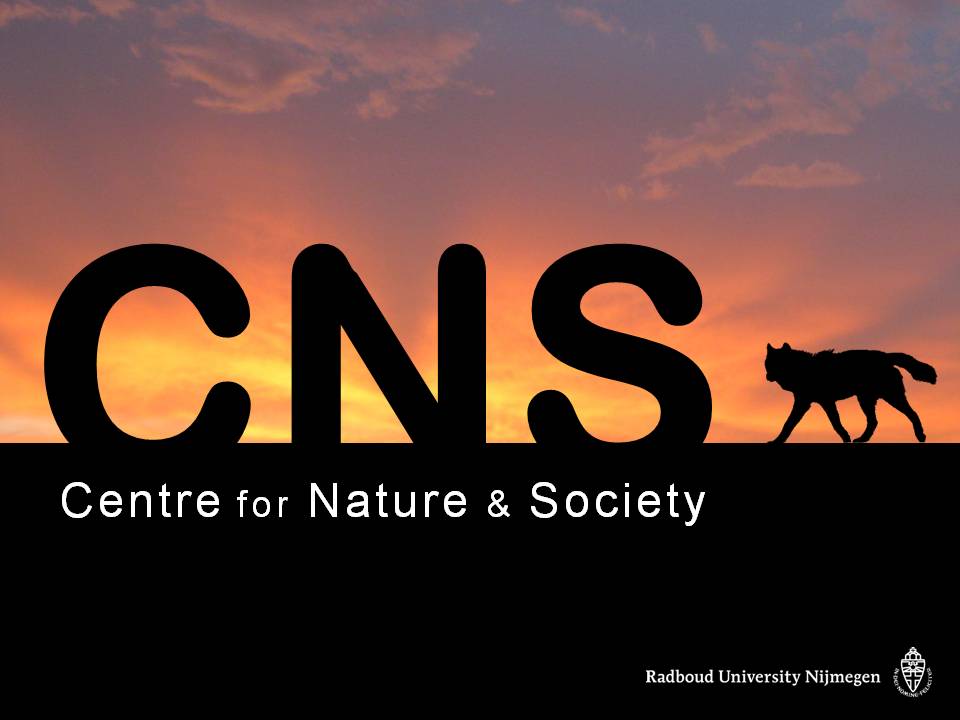
NEWS (July
2012)
Martin Drenthen
(Radboud University, Nijmegen) has been awarded a
VIDI Innovation Research Incentive Grant
by the Netherlands Organisation for Scientific Research (NWO) for
his 5-year project “Reading
the Landscape: A Hermeneutic Approach to Environmental
Ethics.”
“Reading
the Landscape: A Hermeneutic Approach to Environmental
Ethics.”
The
overall purpose of this project is to develop a new approach to
environmental ethics that is better able to deal with moral conflicts
arising from ongoing, large-scale landscape changes in Europe, notably
as
result of rewilding.
The project seeks to develop
a novel approach to environmental ethics, that recognizes the role of
narratives in human relations with environments and acknowledges the
close relation
between
landscape interpretations and notions of (moral) identity.
If landscapes can be conceived as texts, than 'Old World' landscapes
can be seen as palimpsests, that is: as layered texts that are result
of an ongoing process of landscapes being written, reinterpreted and
rewritten. This means that layered landscapes not only can, but need to
be ‘read’ in multiple ways. This opens up a possibility of
thinking anew the conflict between different readings of the landscape.
Understanding the meaning of a landscape is a never ending process, not
just because we constantly gain new knowledge of a landscape, but also,
and more importantly, because the meaning that a landscape conveys is
part of an ongoing conversation about who ‘we’ are and what
the world is to ‘us’. Philosophical
hermeneutics has shown that the texts that we read, and that help
define our culture, are important for
understanding ourselves and forming our moral identity. Starting
from the idea that landscapes are like 'texts' in need of
interpretation,
this research project will
develop a theory of landscape ethics that connects interpretations of
landscape, issues of identity and environmental ethics. A
hermeneutical environmental ethics acknowledges
that landscapes can - and should - be ‘read’ in multiple
ways; and
that the moral narratives about the meaning of the environment which
are based upon these readings often help to deal with the pull of
competing and often incommensurable environmental values. Can such a
perspective help to understand and reflect upon existing landscape
conflicts?
In this project, Martin Drenthen will develop a theoretical framework
capable of understanding
the relation between landscape interpretation, place-based narrative
identity and moral identity. The project will start
with expanding
the traditional focus of philosophical hermeneutics on written texts to
include environments, discussing possibilities and limitations of the
metaphor of landscape as a text in need of interpretation, and
connecting the hermeneutic approach to existing perspectives in
environmental humanities. Finally, the project aims to develop
a narrative landscape ethics, exploring the possibilities for
an
ethics of the legible landscape which is relevant for environmental
practices (notably ecological restoration practices).
Three sub-projects will test the usefulness of the
hermeneutic perspective in
environmental ethics for the evaluation ecological restoration projects:
PhD project 1: The Ethics of Ecological Restoration in a Cultural
Landscape (Andrea Gammon)
This first sub-project will examine, explicate and articulate normative
motives at play in conflicts about
‘rewilding’ projects, where natural processes and
entities are deliberately introduced in cultural
landscapes. It will examine existing attempts to recognize the
importance of sense of place in nature conservation and
incorporate elements of
heritage landscapes in
the design of
ecological restoration projects. The project will compare different
strategies to
combine new nature projects with the care for cultural landscape
heritage.
PhD project 2: The Ethics of
Coping with Ecological Discomfort (Mateusz Tokarski)
The second
sub-project will examine, explicate and articulate normative
motives at play in
conflicts regarding the recurrence of predators such as wolf and other
‘inconvenient’ species, which challenge our
perceived notions of identity and our sense of place. It will
specifically
address controversial cases where the new predatory species are
perceived by
some as threat or nuisance, and welcomed by others who consider them as
to
‘belong’ in a certain place. The project will
examine the role of narratives in
various attempts to take away fears and change the prevailing negative
cultural
image of predators.
Postdoc project: Towards a
Narrative Legitimization of Nature Conservation (Glenn
Deliège)
This sub-project will examine narrative legitimizations of nature
conservation and ecological restoration. It will explicate, articulate
and examine the implicit moral narratives about the human-nature
relationship which
motivate actual restoration projects today and critically reflect on
existing
legitimization strategies by conservationists and restorationists.
Moreover, it
will urge restorationists to reflect on the meaning of 'sense of place'
and
identity in conservation issues and challenge them to include the human
dimension in
their nature narratives.
All subprojects attempt to explicate and articulate existing underlying moral
experiences that can
explain the relation between landscape interpretations and notions of
self between conflicting parties, with the aim of broadening the
perspective and deepening the moral debate about the landscape.
The project did start on January 1st, 2013.


